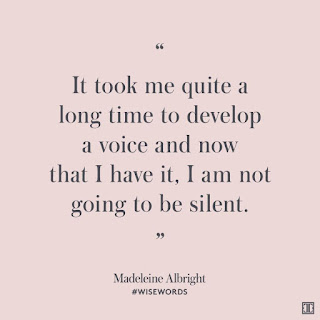Lance Armstrong Reminds Us That The True Heroes Stand In The Shadow Of The Betrayer
Once again, as has happened numerous times over the past
several months and years, another high profile and popular personality has
betrayed his family, his friends, his most loyal supporters, and his national
fans as well as an international audience.
Because Lance Armstrong is a world-wide phenomenon, the spotlight is
beaming down on his soaring crash from grace.
Most of us want to hear from him and find out what he will do. Will he –as the betrayer – apologize? Ask for forgiveness? Will he seek help? Get counseling? Change his
ways of thinking…or his behaviors? While
the focus tends to shine more deliberately on the betrayer, there are
individuals who are deeply hurting because of his actions. Those who believed, trusted, and invested in
the sport’s icon are left to pick up the pieces of their shattered lives and
find a way to begin again. One of the biggest traps that victims of a betrayal
fall into is believing that their healing remains contingent upon what the
betrayer does or does not do. Whether
the goal of the relationship with the betrayer is one of reconciliation or of
restoration or whether it is neither, the individuals betrayed must do their
own healing as well.
Although recovering from a betrayal is a lengthy process,
the following four steps will help victims begin their work:
1. Get focused on your needs and feelings. When a betrayal happens, individuals navigate
through three States of Being:
·
Confusion
- Trying to make sense out of something that does not make sense
·
Worthlessness-
Realizing your lack of value or
importance to the betrayer
·
Powerlessness – Understanding that you
cannot change or control what has happened
It is paramount that you take time to work through these States of Being. It is hard work, but it is possible. Do this first. Do this now. (See
note below)
2. Give yourself time to heal before making life changing
decisions. Although there can be
exceptions to this (legalities or matters of safety), it is wise to hold off on major
decisions when going through a period of upheaval or turmoil. The choice you make today may be far
different than what you would make in three to six months.
3. Guard against unhealthy input from well-meaning individuals
and keep your circle of confidence small
and close. Sharing your pain with others
and feeling that others are siding with you is a natural part of healing from a
betrayal. However, during this fragile
initial period of recovering, the more we share with others and the more that
others know, we unknowingly can set ourselves up for additional betrayals as
private information leaks out or as individuals begin to shift in their
support.
4. Grab hold of strong support systems and implement healthy
boundaries. Although there is much to
say about embracing support systems, a key to remember is to draw near to those
people and practices that have proven worthy and unwavering in their allegiance
to your well-being. A good example might
include embracing your spiritual or religious traditions or counseling with a
trusted mentor/ advisor/therapist. Also, for your protection in moving forward,
it is vital to set realistic expectations (for yourself and of others) and to
establish and adjust boundaries (for yourself and with others). This can be a lengthy and somewhat tricky
process. (See note below.)
Remember, the process of recovering from betrayal takes
tenacity and turning your focus inward. This is your time. Do the hard work. Trust, first, in yourself…and then, in
others. And while others are whispering
and wondering if Lance Armstrong will be a hero again, let his story remind us that the true heroes stand in the shadow of the betrayer.
Note: Holli’s book, Breaking Through Betrayal: And Recovering
The Peace Within, will provide you with a step by step process for working
through the three States of Being. In
addition, in this comprehensive road map to recovering, you will learn specific tools and
strategies for setting and adjusting
expectations as well as boundary-based decision making. http://www.amazon.com/author/hollikenley
1




Comments
Post a Comment